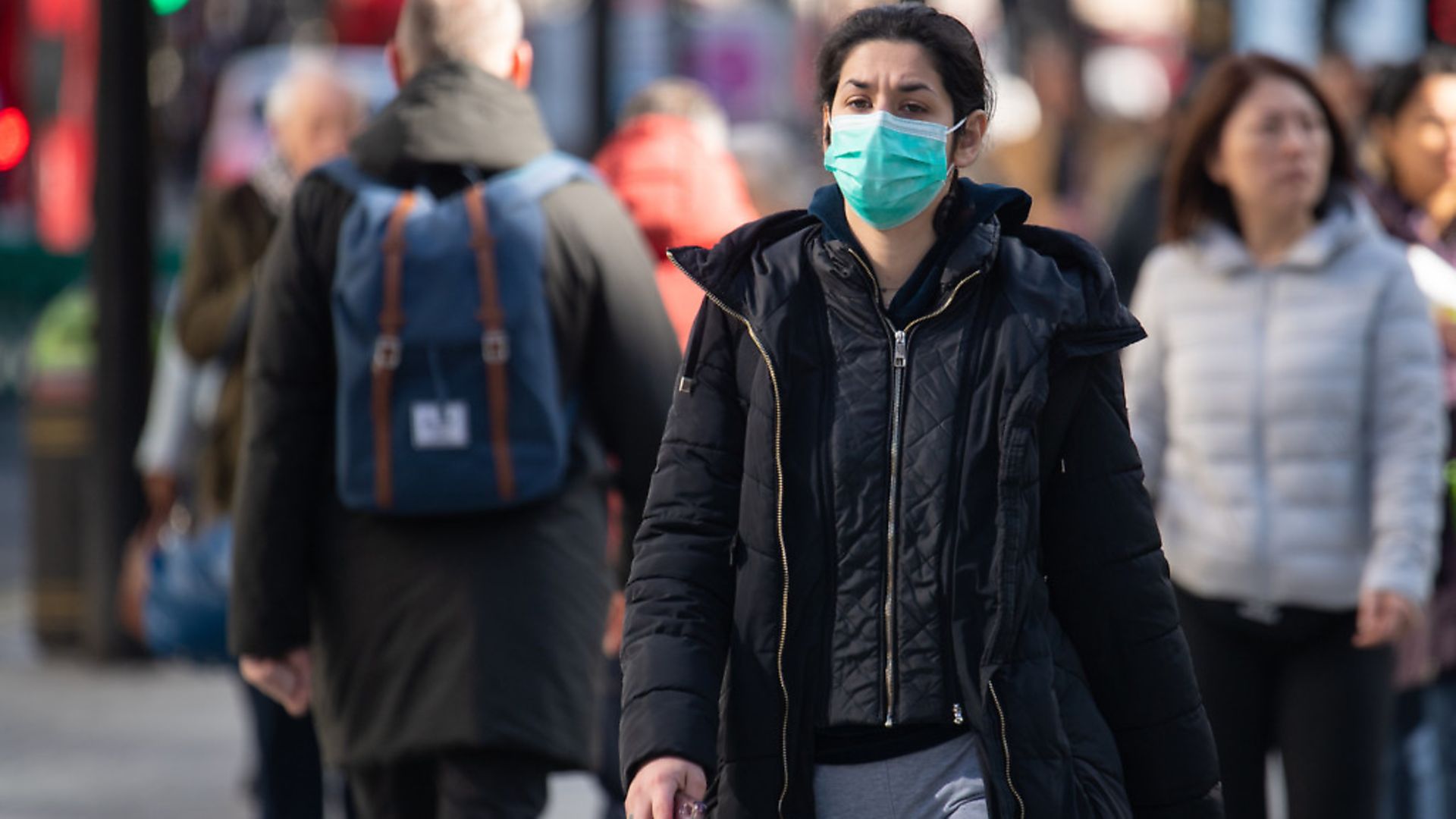
A flash study of the psychological and social impacts of the coronavirus epidemic will produce preliminary results ‘within days’.
Academics from the University of Sheffield and Ulster University are trying to understand the mental health impacts of the current crisis amid predictions of a rise in depression, anxiety, paranoia and authoritarian views.
The researchers involved in the project said there has been very little research on the psychological impacts of viral epidemics but the limited data that is available suggest that such epidemics may have severe social and psychological effects, and quarantining people may affect their mental health.
The team, led by Professor Richard Bentall, in Sheffield, is surveying 2,000 people in the UK and then again in a month’s time.
But they said preliminary results are ‘expected within days’.
The representative group of UK residents will be asked about Covid-19 health-related behaviours such as social distancing, use of masks and hand-washing, to measure the extent to which people are enacting these protective behaviours.
The researchers said they aim to measure impacts of the epidemic on people’s mental health, their attitudes towards others and their political views, and understand how these change as the epidemic progresses through the population, and how these changes are related to appropriate changes in health-related behaviour.
They said they want to understand how these impacts are related to exposure to infected people and beliefs about the virus and the epidemic, and will also look at how these impacts are explained by psychological factors which may make some people cope better with the epidemic than others.
The team said they predict that the crisis will cause an increase in depression, anxiety, death anxiety and paranoia as well as a reduction in trust and control over their own lives.
Have your say
Send your letters for publication to The New European by emailing letters@theneweuropean.co.uk and pick up an edition each Thursday for more comment and analysis. Find your nearest stockist here or subscribe to a print or digital edition for just £13. You can also join our readers' Facebook group to keep the discussion and debate going with thousands of fellow pro-Europeans.
Dr Jilly Gibson-Miller, lecturer in health psychology at the University of Sheffield, said: ‘This is one of the first studies of the ‘psychology of epidemics’ during perhaps one of the biggest existential threats the world has faced this century.
‘Our survey will allow us to begin to understand, in great depth, the psychological impact of this epidemic on our citizens and how this changes as the epidemic unfolds.
‘We know what an important role human behaviour plays in the spread of an epidemic.
‘As a health psychologist, I’m particularly interested in the extent to which people are carrying out protective behaviours, such as hand-washing and social distancing, and whether they feel they have sufficient motivation, opportunity and capability to do so.’








